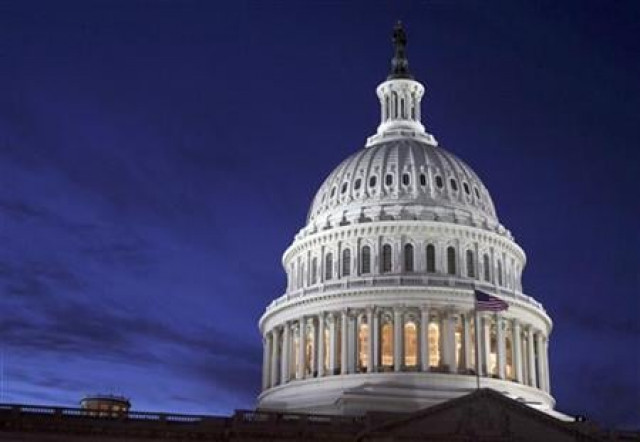Silicon Valley Bank’s Collapse Raises Concerns for US Regional Banks
PacWest's reassures investors amidst 52% stock price fall following Silicon Valley Bank's collapse.

The recent Silicon Valley Bank’s (SVB) collapse has put increased pressure on regional banks in the United States. Silicon Valley Bank was a crucial player in the ecosystem of startups and venture-capital firms, and a significant portion of its client base consisted of these types of companies. The sudden and unexpected collapse of the bank has left investors and regulators concerned.
This took everyone by surprised about the stability of other midsized banks, which were given looser regulations in May 2018 with bipartisan support from Congress and former President Donald Trump.
One of the banks that has come under sharp scrutiny from investors is PacWest Bancorp. Since the Silicon Valley Bank collapse, PacWest’s stock price has fallen by 52%, and investors are watching closely to see if the bank can weather the current economic storm. In response to concerns about the bank’s stability,
PacWest issued a statement on March 10 reassuring the markets and consumers that it had enough liquidity to remain afloat.
PacWest emphasized that its wholly-owned subsidiary, Pacific Western Bank, is a diversified relationship-based commercial bank focused on providing business banking and treasury management services to small, middle-market, and venture-backed businesses. Unlike Silicon Valley Bank, which was heavily focused on serving tech startups and venture-capital firms, PacWest has a broader base of clients, which it believes will help it weather the current economic uncertainty.
However, given the recent events in the banking sector, it remains to be seen how well PacWest and other regional banks will fare in the coming months and years.
PacWest Bancorp said that it had implemented strategic measures to improve its balance sheet in the past year. These measures included discontinuing non-core products, executing bond sales, a preferred stock offering, and a credit-linked notes transaction.
Additionally, the bank implemented a cost-reduction initiative to boost earnings, all in an effort to reassure investors and customers after the collapse of Silicon Valley Bank.
PacWest, which provides loans, leases, and deposit products and services as well as treasury management services to small, middle-market, and venture-backed businesses in California, North Carolina, and Colorado, claimed it had sufficient cash to handle any shocks.
As of March 9, the bank, which had $41.2 billion in assets as of December 31, 2022, stated it had $1.9 billion in cash, nearly $7 billion in Federal Home Loan Bank of San Francisco and Federal Reserve agreements, and $5.3 billion in unpledged liquid securities.
PacWest’s President and CEO, Paul W. Taylor, emphasized that the bank is a well-performing, well-diversified, full-service commercial bank with more than two decades of experience, and has proven to be a reliable partner to its clients throughout all economic cycles.
PacWest Bancorp, a commercial bank headquartered in Los Angeles, has been hit hard by the sudden collapse of Silicon Valley Bank. As a result, investors and credit-rating agencies alike have been scrutinizing PacWest’s financial health and ability to weather market shocks.
In an effort to reassure its stakeholders, PacWest announced that it had taken strategic measures over the past year to improve its balance sheet. These measures included discontinuing non-core products, executing bond sales, a preferred stock offering, and a credit-linked notes transaction. Additionally, the bank has implemented a cost-reduction initiative to increase its earnings.
Despite these efforts, PacWest has received another blow. Credit-rating company Fitch Ratings has placed the bank’s rating on negative watch, which indicates that it plans to downgrade the rating in the short term. Fitch previously viewed PacWest’s funding and liquidity profile as supportive of its rating, but current market conditions have created liquidity stresses outside of its baseline assumptions.
Fitch has indicated that PacWest’s ratings will be sensitive to any sustained pressure on the bank’s liquidity or access to capital markets, as well as any gaps in cash flow coverage to cover near-term obligations. Currently, the bank’s rating is BBB-, which indicates a low default risk. However, adverse business or economic conditions could potentially impair the bank’s ability to pay its financial commitments.
















